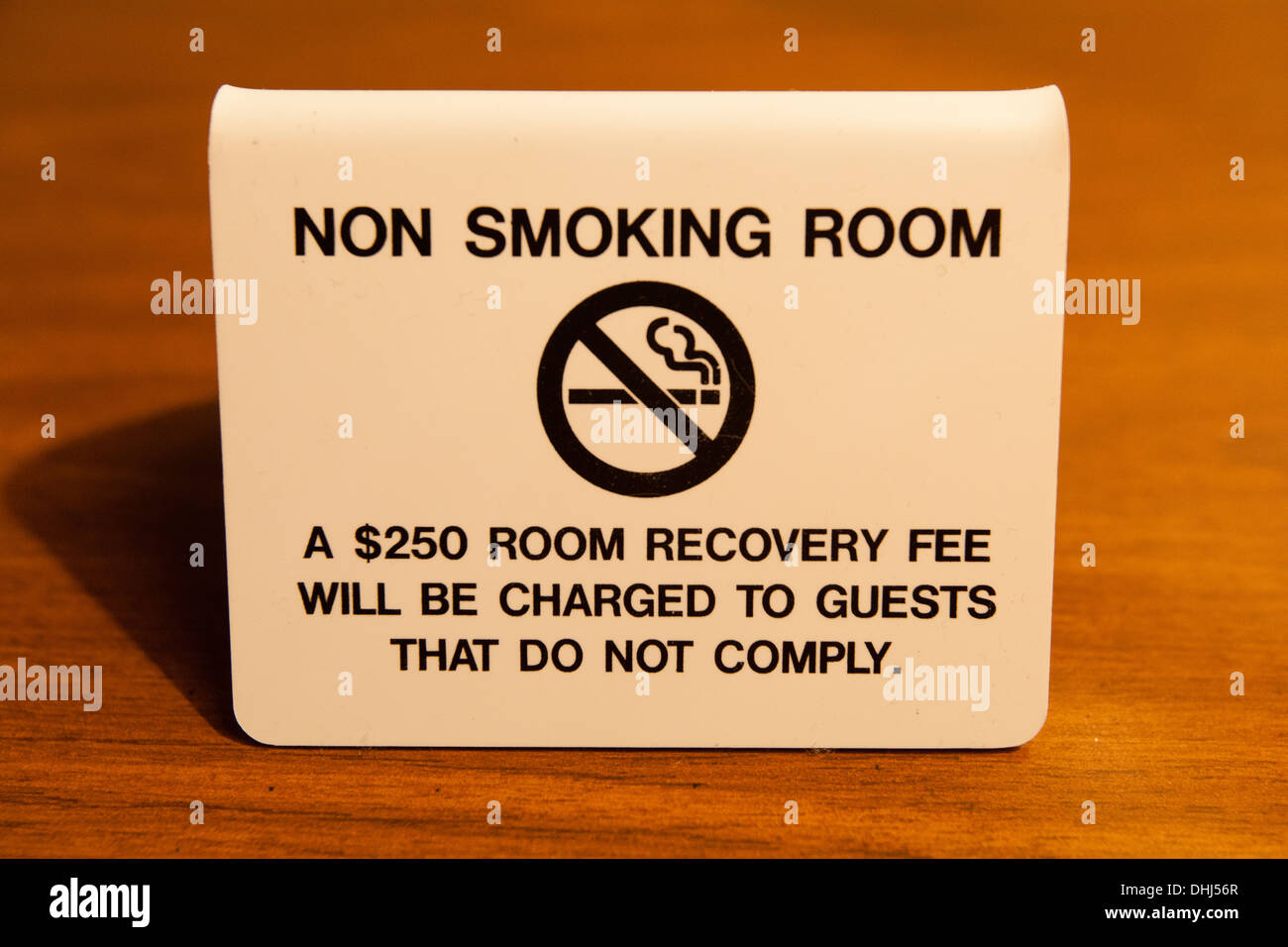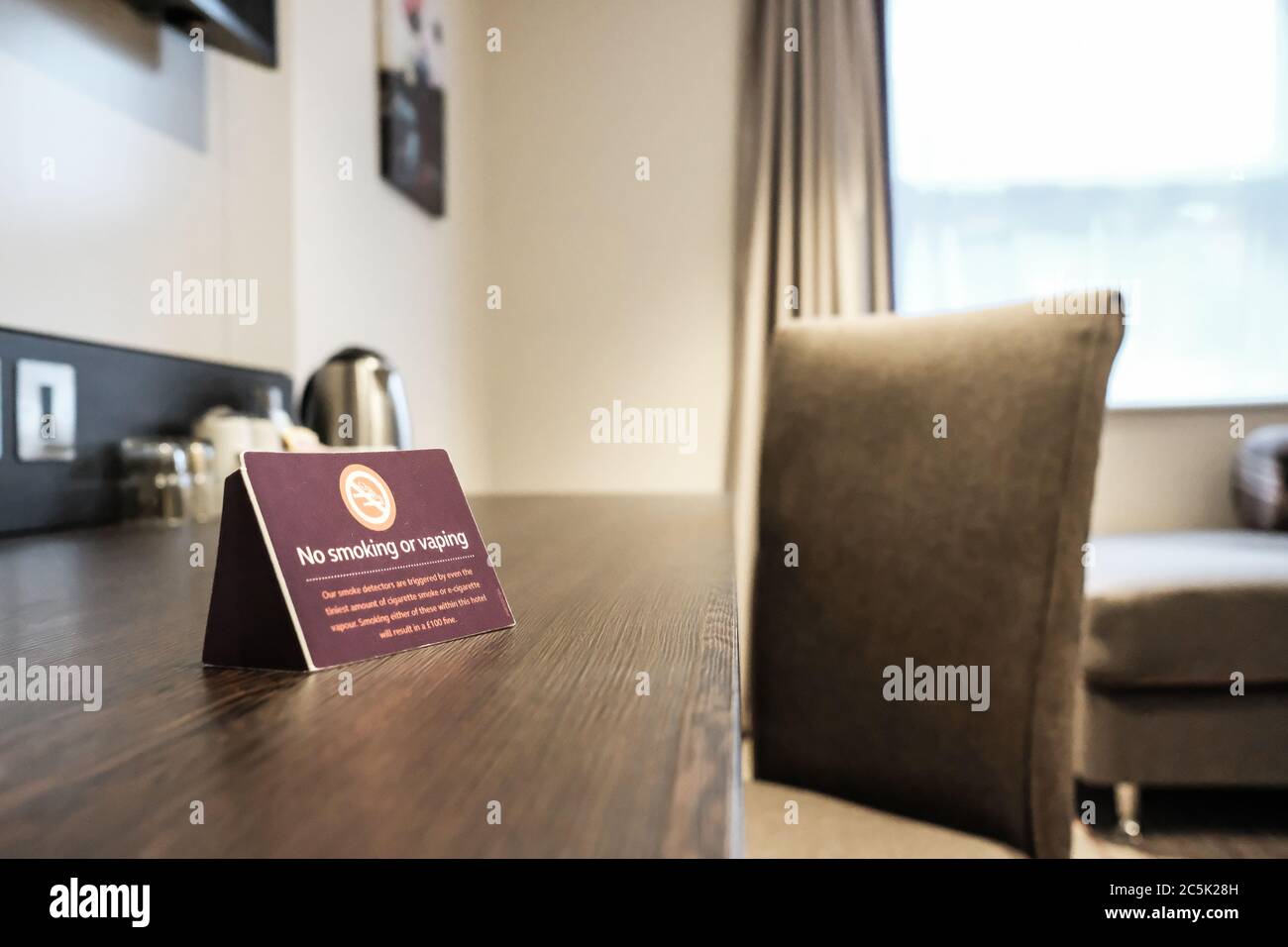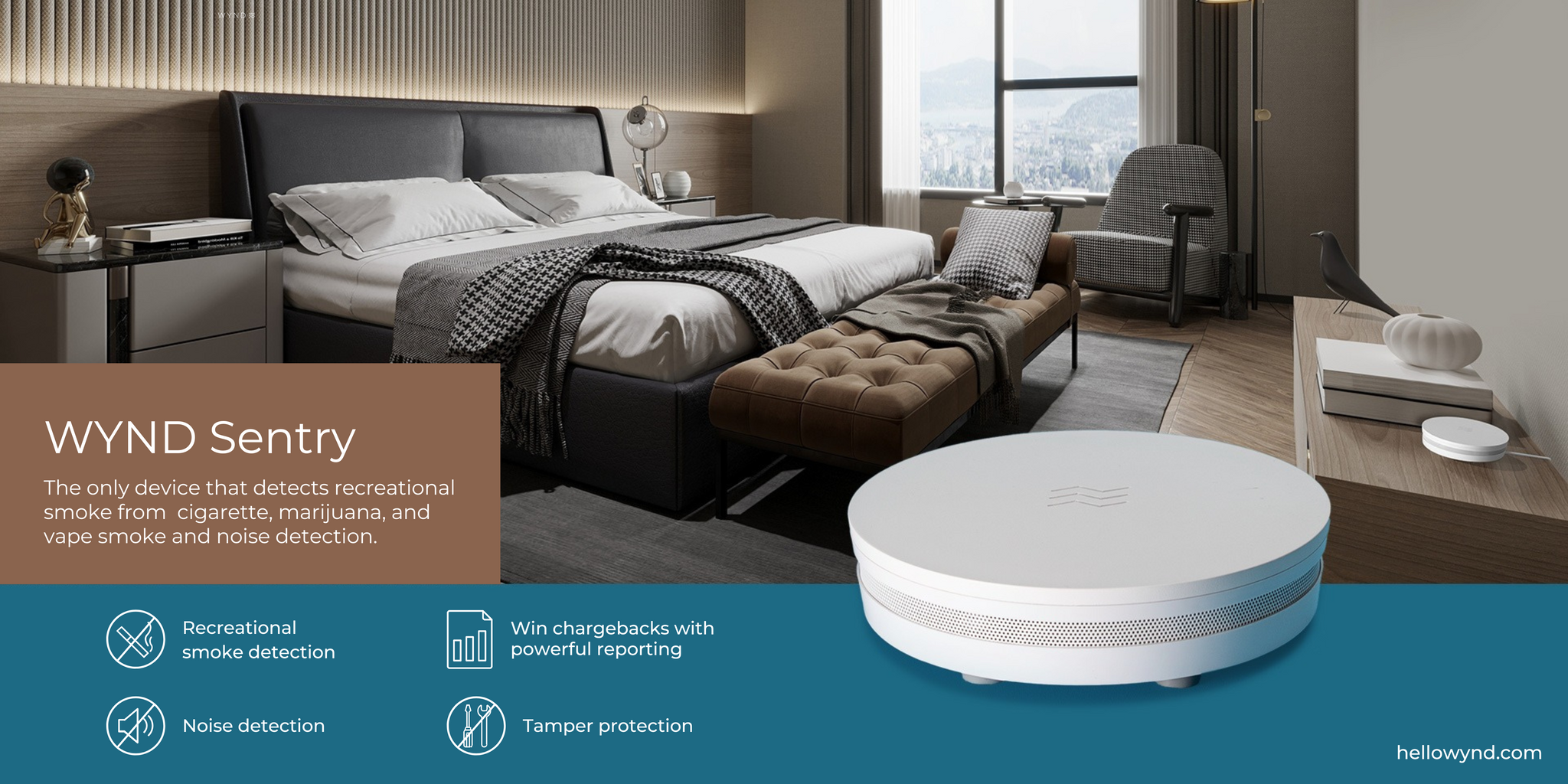Can Hotel Rooms Detect Vaping How Hotels Track and Prevent E-Cigarette Use
The Rise of Vaping in Hospitality
The increasing popularity of vaping has led to a significant shift in the hospitality industry. As more travelers turn to e-cigarettes as an alternative to traditional smoking, hotels are facing new challenges in maintaining their smoke-free policies. While many hotels have long enforced strict no-smoking rules, the emergence of vaping has created a gray area that requires careful management. Unlike traditional cigarettes, which leave behind visible residue and strong odors, vaping devices can be more discreet, making it harder for hotel staff to detect and enforce these policies effectively.
How Hotels Detect Vaping

Despite the challenges, hotels have developed various methods to detect vaping in their rooms. One of the most common approaches is the use of air quality sensors. These devices can detect the presence of certain chemicals commonly found in e-cigarette vapor, such as nicotine and propylene glycol. When these sensors are triggered, they alert hotel staff, who can then investigate further. Some hotels also employ carbon monoxide detectors, which can pick up on the byproducts of vaping, even if the device itself is not directly detected.
Another method involves the use of surveillance cameras. While this might seem invasive, many hotels have installed cameras in common areas and near room entrances to monitor guest behavior. These cameras can help identify guests who may be using e-cigarettes in unauthorized areas. However, it’s important to note that hotels must comply with local laws regarding privacy and surveillance, ensuring that guests are aware of any monitoring in place.
The Role of Guest Policies

In addition to technological solutions, hotels often rely on clear and enforceable guest policies to prevent vaping. Many establishments now include specific clauses in their terms of service that prohibit the use of e-cigarettes within their premises. These policies typically outline the consequences of violating the rules, which can range from fines to being asked to leave the property. By establishing these guidelines, hotels can create a deterrent effect and encourage guests to respect their rules.
Furthermore, some hotels have implemented a “no vaping” policy in designated areas, similar to their smoking restrictions. This approach helps maintain a consistent environment for all guests, regardless of their preferences. It also allows hotels to address complaints from non-vapers who may be affected by the presence of e-cigarette vapor.
Challenges and Considerations

While hotels are taking steps to detect and prevent vaping, they also face several challenges. One of the primary concerns is the difficulty in distinguishing between legitimate use of e-cigarettes and violations of the hotel’s policies. For example, some guests may use e-cigarettes in their rooms without realizing that it’s against the rules, or they may believe that vaping is less harmful than smoking. This lack of awareness can lead to misunderstandings and disputes between guests and hotel staff.
Another challenge is the potential for false positives. Air quality sensors and other detection technologies may sometimes trigger alerts due to factors unrelated to vaping, such as cleaning products or cooking fumes. This can result in unnecessary investigations and a loss of trust between guests and hotel management. To mitigate this issue, hotels must ensure that their detection systems are accurate and reliable, and that staff are properly trained to handle such situations.
The Future of Vaping in Hotels

As the debate over vaping continues, the future of how hotels manage e-cigarette use remains uncertain. Some experts predict that hotels will need to adopt more advanced detection technologies, such as AI-powered monitoring systems that can differentiate between various types of vapor and identify patterns of use. Others argue that the focus should shift toward education and awareness, helping guests understand the implications of vaping in shared spaces.
Ultimately, the key to managing vaping in hotels lies in a balanced approach that respects both the rights of guests and the needs of the hospitality industry. By combining technological solutions, clear policies, and effective communication, hotels can create an environment that is safe, comfortable, and welcoming for all guests.



